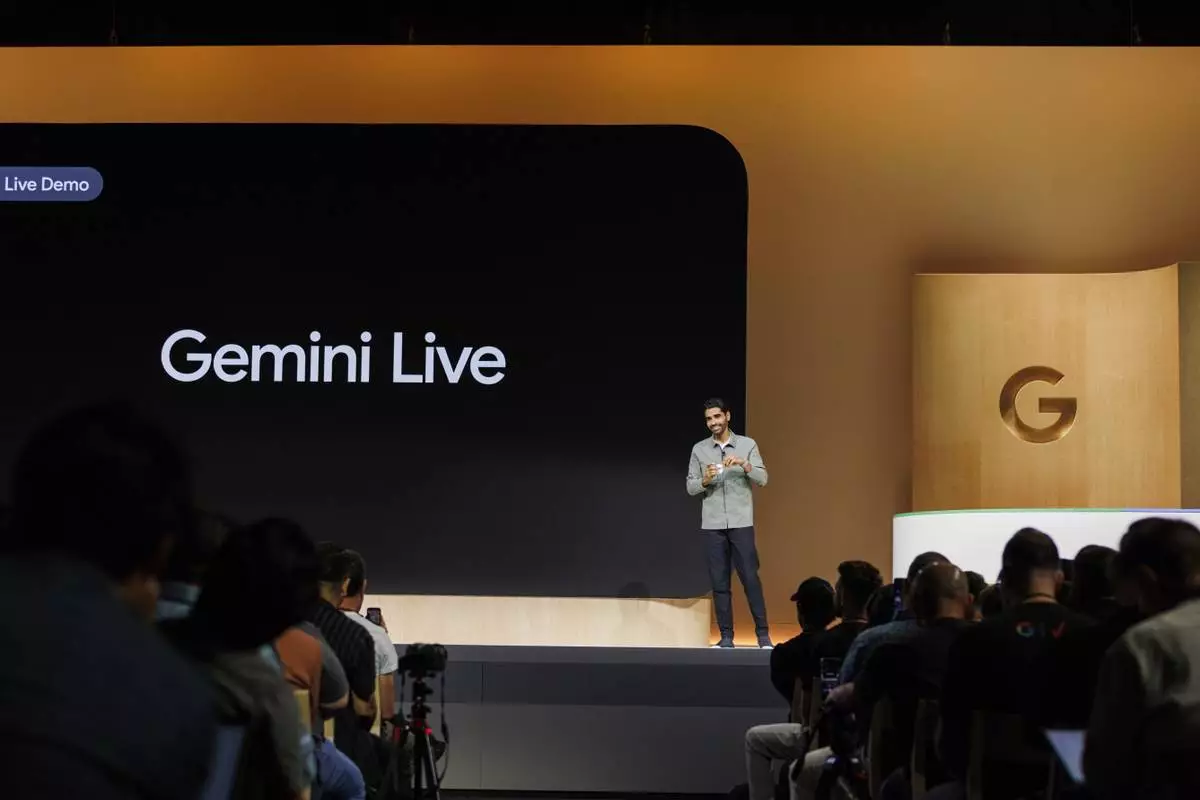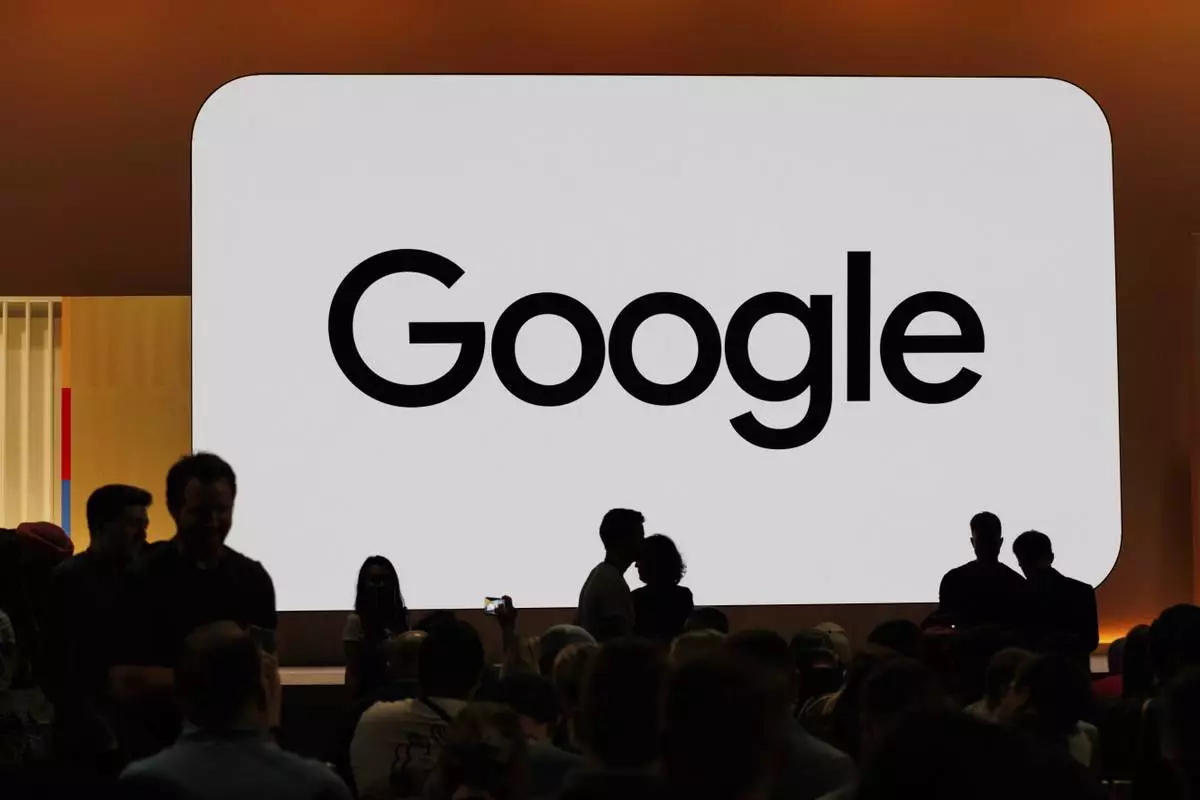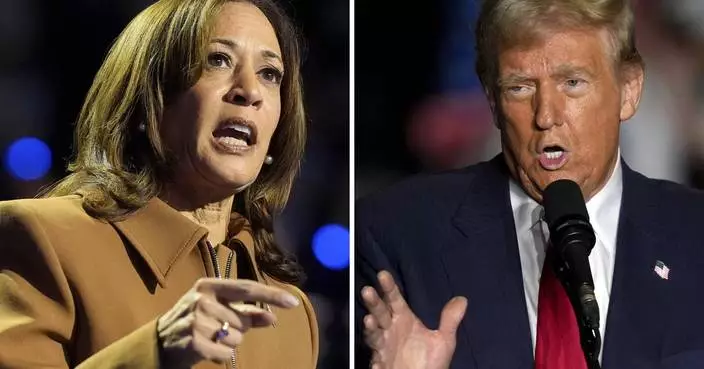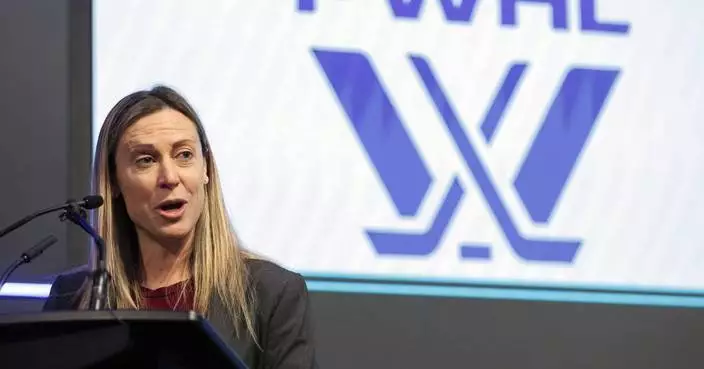A 15-year-old high school freshman is hospitalized with severe complications of food poisoning after eating McDonald’s Quarter Pounder hamburgers three times in the weeks before a deadly E. coli outbreak was detected.
Kamberlyn Bowler, of Grand Junction, Colorado, had to be flown 250 miles to a hospital near Denver in mid-October, where she received dialysis for 10 days in an urgent effort to save her kidneys.
She is one at least 75 people sickened and 22 hospitalized in the outbreak tentatively traced to contaminated onions. In Mesa County, where Kamberlyn lives, 11 people have fallen ill and one person died. Federal health officials have said that slivered onions used on the burgers are a likely source of the outbreak.
The ordeal left Kamberlyn’s mother, Brittany Randall, worried about her daughter’s health and shaken at the idea that a burger could potentially cause so much harm.
“It’s pretty scary to know that we put so much faith and trust that we’re going to be eating something that’s healthy and for it to be broken,” said Randall.
She is moving to sue the fast-food chain after Kamberlyn was infected with the E. coli O157:H7 bacteria confirmed in the outbreak.
That bacteria produces a dangerous toxin that can cause a severe kidney disease complication known as hemolytic uremic syndrome, according to medical experts. Many children are hospitalized for weeks and some go on to require kidney transplants, said Dr. Myda Khalid, a kidney specialist at Riley Hospital for Children in Indiana who is not involved in Kamberlyn's care.
“Time is critical,” Khalid said. “We have to get through this window and we have to get through it with a lot of care,” she said.
The condition can be fatal, but most children eventually recover, she said.
Kamberlyn said she ate McDonald’s Quarter Pounders with cheese, extra pickles -- and onions -- three times between Sept. 27 and Oct. 8. She said the burgers were easy to grab during a football halftime and while watching a school softball game.
She started feeling sick in the days after and experienced fever, vomiting, diarrhea and painful stomach cramps.
“I couldn’t get out of bed,” she recalled. “I couldn’t eat. I couldn’t drink. I was surviving on Popsicles. I felt like crap.”
Randall, who works as a jail guard, has three older children and thought that her young daughter might just have the flu. But when Kamberlyn texted to say she had blood in her stool and urine and was vomiting blood, Randall said she knew it was serious.
On Oct. 11, Kamberlyn went to a hospital in Grand Junction. Doctors said she likely had a stomach bug. She was sent home, with instructions to stay hydrated. By Oct. 17, she was feeling no better and returned to the emergency room. That time, tests showed Kamberlyn had acute kidney failure, her mother said. She was flown to Children’s Hospital Colorado in Aurora, near Denver, where she remained on Tuesday.
Chris Kempczinski, McDonald’s chairman, president and CEO, apologized for the outbreak Tuesday on a conference call with investors.
“Nothing is more important to us than the safety of our customers,” Kempczinksi said. “The recent spate of E. coli cases is deeply concerning, and hearing reports of how this has impacted our customers has been wrenching for us.”
Randall said her daughter's future health — and medical costs — are uncertain.
“The hospital bills are racking up,” she said. “And I'm a single mom and I just don't know that I can necessarily afford all of what's coming after all of this. And I don't know what the future looks like, either."
__
The Associated Press Health and Science Department receives support from the Howard Hughes Medical Institute’s Science and Educational Media Group. The AP is solely responsible for all content.

In this photo provided by Brittany Randall, Randall, left, and her daughter, Kamberlyn Bowler, pose for a selfie photo in Grand Junction, Colo., in the summer of 2024. (Brittany Randall via AP)
SAN FRANCISCO (AP) — Google is still thriving while the company navigates through a pivotal shift to artificial intelligence and battles regulators trying to topple its internet empire.
The latest evidence of Google’s prosperity emerged Tuesday with the release of its corporate parent Alphabet Inc.’s results for the July-September period. Both Alphabet’s profit and revenue increased at a brisker pace than industry analysts anticipated, thanks primarily to a moneymaking machine powered by Google’s ubiquitous search engine.
Alphabet earned $26.3 billion, or $2.12 per share during the most recent quarter, a 34% increase from a year ago. Revenue rose 15% from the same time last year to $88.27 billion.
“Our commitment to innovation as well as the long-term focus and investment in AI are paying off,” Alphabet CEO Sundar Pichai said during a call discussing the results.
The profits would have been even higher if Google wasn’t pouring so much money into building up its AI arsenal in a technological arms race that includes other industry heavyweights Microsoft, Amazon, Apple, Facebook parent Meta Platforms and rising star OpenAI. The AI investments are the primary reason Google’s capital expenditures in the past quarter soared 62% from the same time last year to $13.1 billion.
The AI spending will likely stay at roughly the same level during the current October-December period, and the rise even higher next year, according to Anat Ashkenazi, Alphabet's chief financial officer. But Ashkenazi also emphasized the Mountain View, California, company will act on cost-cutting opportunities in other areas to help boost profits. Alphabet already has trimmed its payroll from more than 190,000 worldwide employees early last year to about 181,000 workers now.
Investors seemed pleased with the both the performance and what they heard from company executives. Alphabet's stock price climbed 5% in extended trading after the numbers came out and the conference call was completed.
Investing.com analyst Thomas Monteiro said Alphabet's showing makes it likely more good news will be coming for Big Tech as this week progresses, with quarterly reports from Microsoft, Meta, Amazon and Apple still to come in the days ahead.
But a 4-year-old antitrust case brought by the U.S. Department of Justice has cast a cloud of uncertainty over Google’s future.
After weighing the evidence presented during a high-profile trial last year, a federal judge declared Google’s search engine is an illegal monopoly — a decision that has opened the door for a major shake-up. Earlier this month, the Justice Department suggested it might seek to break up Google as part of penalties that will be determined by U.S. District Judge Amit Mehta next summer.
Besides the legal assault on its search engine, Google also has been ordered to tear down the barriers protecting its Play Store for Android smartphone apps. That ruling came earlier this month after a jury decided that operation also was an illegal monopoly. Google is also nearing the end of another antitrust trial in Virginia revolving around the technology underlying its digital ad network.
As if the regulatory headaches aren’t enough, Google is also in the midst of a major makeover of its search engine that is putting an increasing emphasis on highlight results produced by artificial intelligence in response to competitive threats to alternative options relying on the same potentially revolutionary technology.
For now, at least, Google remains a juggernaut.
The digital ads tied to Google’s search engine remained the financial cornerstone. Revenue from that segment climbed 12% from a year ago to $49.39 billion. And Google’s cloud division is growing at an even more robust rate, thanks to demand for AI services. The cloud division generated $11.35 billion in revenue during the past quarter, a 35% increase from last year.
But the regulatory questions dogging Google remain a worry among investors. Although Alphabet’s shares have surged by more than 20% so far this year, Tuesday’s closing price of $169.68 remains well below their high of nearly $192 reached in July before the search engine monopoly ruling came out.

FILE - Sandeep Waraich does a live demo of Google's Gemini Live during Made By Google at Google on Aug. 13, 2024, in Mountain View, Calif. (AP Photo/Juliana Yamada, File)

FILE - Audience members gather at Made By Google for new product announcements at Google on Aug. 13, 2024, in Mountain View, Calif. (AP Photo/Juliana Yamada, File)












